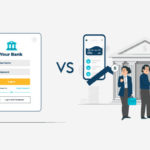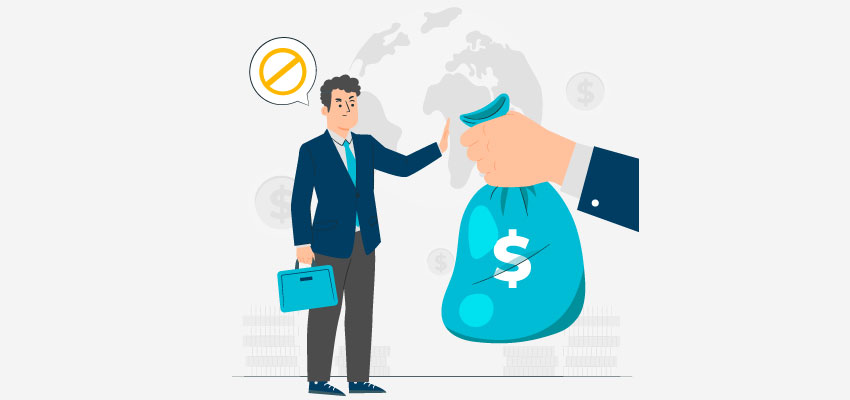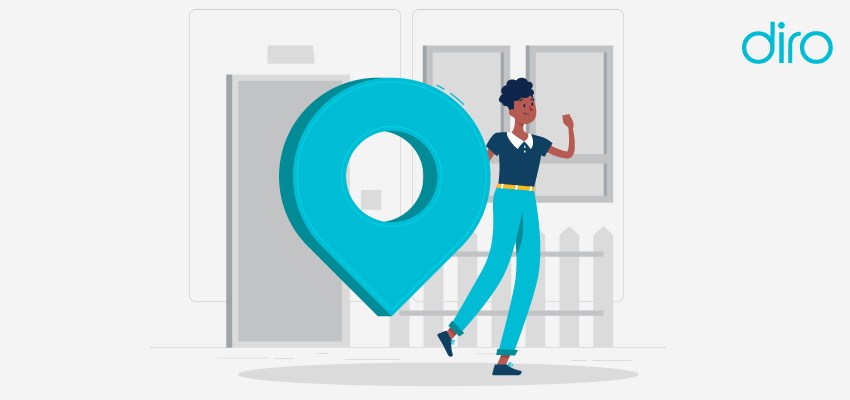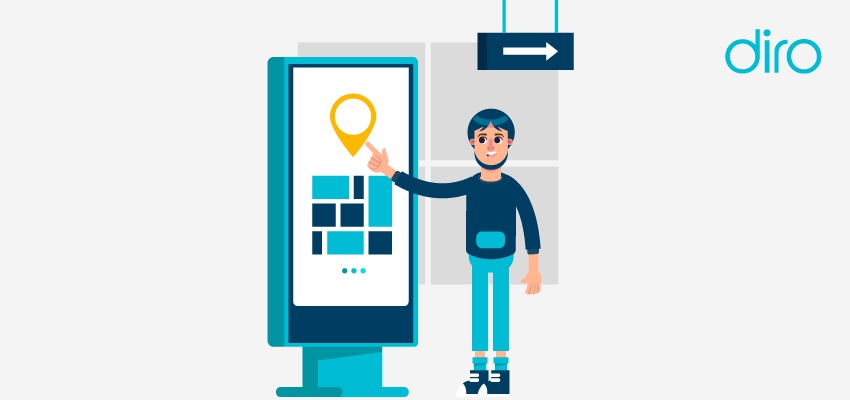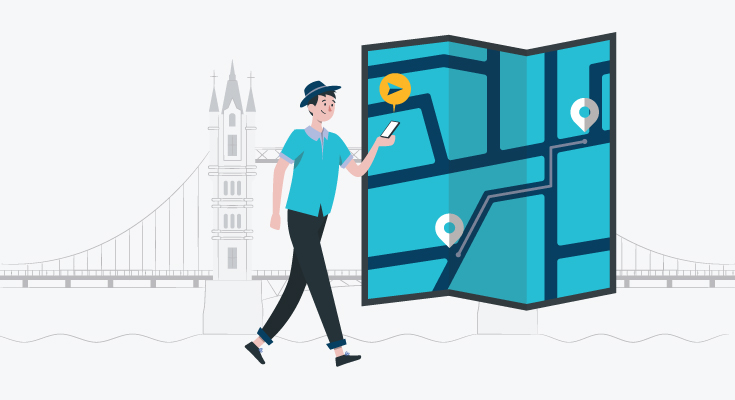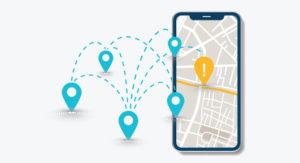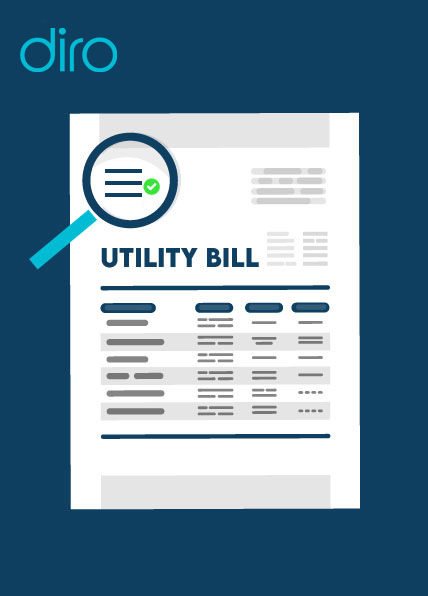Water Bill Verification for Proof of Address
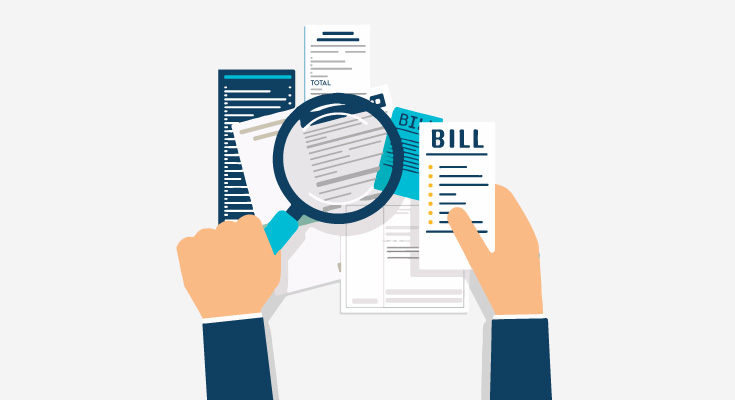
There are times when you need to verify your residency, and an ID document isn’t enough. You may need to provide multiple documents to authenticate your address. The proof of address verification process is a crucial part of maintaining security in businesses. Businesses want to verify a customer’s proof of address to make sure they are who they claim to be.
If you want to open a new bank account, register at DMV, apply for a mortgage, or do any other important task, you need two documents:
- Government-issued ID document
- Proof of address verification document
Government-issued ID is to verify who you are, and the address document is to verify where you live.
The most common type of document that you can use for proof of address verification is utility bills. Any utility bill including water bill, electricity bill, and telephone bill can be used to verify your residency.
In this guide, we’ve outlined what is water bill verification and how it can be used to verify proof of address.
What Counts as Proof of Address?
A proof of address document tells the bank, individual, or the government where you live. Most of the time, a proof of address document is from a reputable government service. Banks and other entities ask for proof of address documents to add another layer of security in customer onboarding.
These documents help banks and other organizations confirm who you are and if you’re telling the truth about where you live. Some companies don’t offer services oversea, or they don’t offer services to particular countries. Proof of residency documents can help them confirm if you’re a USA resident or not.
Most companies will require you to show both ID proof and proof of address documents. You need to have two different documents on hand. Most organizations have their own list of documents that they accept as proof of address documents:
- Utility bills – water bill verification, electricity bills verification, etc.
- Credit card bill or statement
- Bank statement
- One-off bank letter
- Social insurance statement
- Paycheck
- A letter from a public authority
- Insurance policy for your car or home
- A rental or mortgage contract
- Your car’s registration
- The official change of address form
- DD214 official documentation stating you’ve left the military
- An official letter from your employer or college where your address is confirmed
- Confirmation of voter registration
These are the most common documents accepted by banks and other organizations, but every organization has its own set of documents they accept. Before you submit a document, you should be aware of the rules surrounding the documents. Some organizations won’t accept water bills and other utility bills that don’t include mobile phone bills. And most companies don’t accept insurance documents that are older than 3 months (90 days).
Water Bill Verification: Uses in Address and Identity Verification
People who’ve moved to a new country or have just started living on their own don’t have access to the right set of documents. This is where water bill verification comes in. Individuals living in rural areas don’t have access to financial institutions, or other online financial tech platforms. So, individuals that have limited access to documents and online financial institutions can use water bills for proof of address verification.
While applying for loans, or opening a new bank account, water bill verification can help in proving residency. Regulatory bodies have been pushing the use of utility bills for verifying proof of address of customers. Accurate proof of verification process with utility bills can prevent fraud in the financial industry.
Using water bills for proof of address verification can even help banks in understanding the spending history of the individual, especially if they’re applying for a loan.
Banks and other entities should be careful while verifying water bills and other utility bills. Fraudsters are becoming smarter and smarter every day, and they can edit utility bills to trick financial institutions.
Fraudsters can easily steal someone else’s identity and try to conduct several financial activities. It’s next to impossible to distinguish between a fake/stolen or a real document with naked eyes. This is why financial and non-financial institutions need to adopt technologies.
Online Water Bill Verification
Even the best onboarding processes can be broken if a bank fails to accurately verify documents provided by the customers. Water bill verification can help customers in opening a new account. Similarly, fraudsters can use fake utility bills to open an account to launder money.
DIRO utility bill verification solution can instantly verify utility bill data with automated user consent and impersonation checks at 9,000 utility companies in 195 countries. DIRO verifies utility bill data directly from the issuing source, thus eliminating the use of fake and stolen documents by 100%.
The verification output is a machine-readable JSON file that can be used as an original document for compliance. DIRO utility bill verification API can be integrated with existing digital frameworks to streamline and enhance the customer onboarding process with real-time verification.

